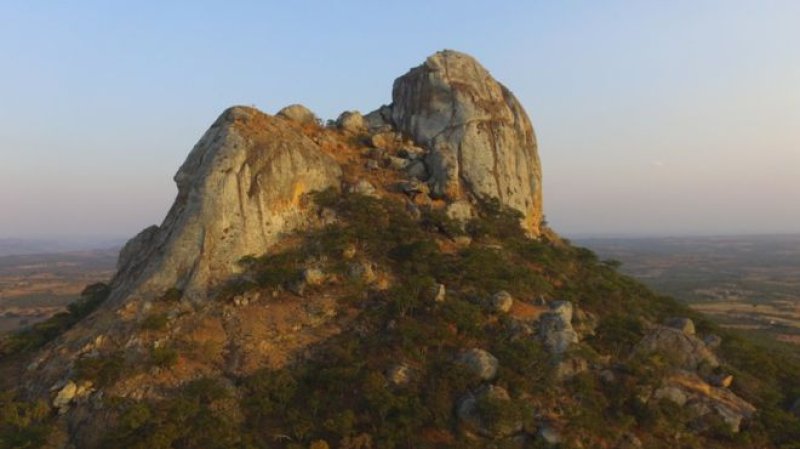…
DNA from Holocene remains would allow researchers to peer beyond this noise, to glimpse the genetic map of Africa prior to agriculture and historical migrations. And now, it’s technologically possible.
…
Discover talked to [Elizabeth] Sawchuk, a post-doctoral researcher at Stony Brook University, about the potential risks and rewards of African aDNA.
Why is African aDNA important?
It’s where our species evolved, where we’ve been the longest. And as a consequence, Africa has the highest genetic diversity of anywhere else on the planet. It potentially is going to tell us the most about our species, but it’s an area that we know the least about.
…
What have you found so far?
We’ve sampled from institutions in Tanzania and Zambia and Kenya. This will be one of the largest African DNA studies to date when it comes out. It’s blown my mind. I hope it will blow many other peoples’ minds.
Read full, original post: With Ancient Human DNA, Africa’s Deep History Is Coming to Light































